
Gamification Group is hosting and coaching MSCA-PF candidates with the goal of providing 2+ year postdoc positions
Marie Skłodowska-Curie Actions Postdoctoral Fellowships (MSCA-PF), previously known as Individual Fellowship (MSCA-IF), provides funding opportunities for excellent researchers of any nationality and any research field. The European scholarships referring to a European host organization, provide funding opportunities for researchers in different situations of their career. MSCA-PF aims to enhance the creative and innovative potential of a researcher wishing to acquire new skills through advanced training, international, interdisciplinary and inter-sectoral mobility.
Tampere University (TAU) / Gamification Group (GG) / Faculty of Information Technology and Communication Sciences / lead by Professor Juho Hamari, welcomes applicants to join GG and actively co-develops successful applications to the MSCA-PF program. Gross salary for a successful MSCA-PF candidate will vary between 5300-5800 € per month depending on several factors (specified in the MSCA-PF program and during the orientation period).
Beyond the support provided by Gamification Group, Tampere University offers a holistic program for supporting candidates to develop winning proposals through webinars and personal coaching by grant-writers.
The webinars will be open for all PF applicants who apply Tampere University as host. The aim of the Master Class it to give coaching on how to write a competitive proposal and work on the research idea together with the supervisor. The Master Class is free of charge, and participation is highly recommended to all applicants. See Tampere University’s general information brochure here.
The webinars are pre-recorded and will be published once a week.
Important dates (see all instructions below):
- MSCA-PF general info Webinar: 10th March 2021 (video available for later viewing)
- Masterclass: April-May 2021
- Full research plan proposal submitted to European Union (tentative) deadline: 15th September 2021
Researchers interested to apply the PF grant and work with Professor Juho Hamari at Tampere University, should verify that they fulfill the respective eligibility criteria and then send an Expression of Interest as soon as possible (but no later than 15th of April), by email to: preaward@tuni.fi and juho.hamari@tuni.fi with the following reference: “MSCA PF “firstname_lastname“. You can also make inquiries to Juho Hamari beforehand about the research group and possible research topics. The expression of interest should include the following documents:
Expression of Interest must be in PDF-format and consist of the following:
- CV
- Description of tentative research plan to be proposed to the MSCA-PF program
- Declaration of eligibility
Master Class participation is highly recommended for all applicants. The Master class is free of charge.
*) Horizon 2021 MSCA-PF eligibility criteria:
- Applicant has a doctoral degree by the time of the call deadline.
- The applicant must not have resided or carried out his/her main activity (work, studies, etc.) in Finland for more than 12 months between 15.9.2018 -15.9.2021.
Gamification Group’s research covers several forms of information technologies such as games, gamification, game-based learning, persuasive technologies, social networking services, online video streaming, eSports, sharing economy, crowdsourcing, virtual economies, virtual reality, augmented reality and mixed reality. GG has published several seminal empirical, theoretical and meta-analytical scholarly articles from perspective of consumer behavior, human-computer interaction, game studies and information systems science. GG is the most internationally published research group especially on the topic of gamification, but pursues several topics related to games and novel information technologies. http://gamification.group
Possible topics (but not limited to) that would have a great fit with the Gamification Group are e.g. the following
- Users: e.g. engagement, player motivations, player experience
- Education: e.g. serious games, game-based learning,
- Media: e.g. eSports, streaming
- Commerce: e.g. business models, free-to-play, gambling, gamification as marketing
- Work: e.g. organizational gamification, gameful work, gamification in leadership
- Technology: e.g. virtual reality, augmented reality
- Toys & play: e.g. toy play, toy design/creation, toys in education, Internet of Toys
- Health: e.g. quantified self, games for health
- Culture: e.g. the gamification of everyday life
|
“Coaching is of paramount importance to any MSCA application. Writing my project at Tampere University was a unique experience that contributed to the application’s success. Professor, researchers and university staff have been helpful, encouraging and they patiently guided me through the whole process, answering immediately all my questions. With their great experience, they helped me to structure, strengthen and enrich my proposal, offering valuable advice from a practical and a methodological perspective. Last but not least, Gamification Group’s environment is an ideal place for a researcher, as it is friendly, inspirational, supportive and a source of great research opportunities.” — Nikoletta Zampeta Legaki, Gamification Group member, MSCA-IF grantee with the project GANDALF. |
|
| “Coaching is a fundamental asset for any MSCA application. While I was writing my project at Tampere University, researchers and staff have been invaluable advisors: inspiring me and helping strengthen my project both from a practical and methodological perspective. (…) At the Gamification Group I found a dynamic and supportive environment to develop ReClaim, a place full of stimulating discussions and great research opportunities.”
— Mattia Thibault, MSCA-IF grantee with the project ReClaim. |
|
| “Preparing my MSCA-IF application was an intense and gratifying experience. While I could focus on writing a research proposal that intersects topics that I am passionate about, having such collective support in this process boosted my application towards this fruitful outcome. For instance, Tampere University’s research services guidance allowed me to understand further what evaluators expect from the proposal and how to address these points through an online workshop and follow-up meetings. Meanwhile, Professor Hamari and Gamification Group researchers’ expertise also ensured the proposal’s quality by introducing different perspectives and providing valuable advice in methodological and practical aspects. Despite the pandemics, the provided support and the collaborative environment made the whole process so enjoyable that I cannot wait to start implementing GamInclusive.”
— Ana Klock, MSCA-IF grantee with the project GamInclusive.
“I witnessed one of the best experiences as a supervisee while preparing my application for MSCA-IF. Together with my four colleagues from different parts of the world, we were guided by the research services of Tampere University in a 2-day grant-writing workshop followed by a pleasant dinner in Tampere. Still, the workshop was only the hands-on part of this longitudinal support as I had been continuously and rigorously supervised by Juho Hamari, supported by the experts in research services and also by the colleagues in Gamification Group. As a result of this process, GG now hosts three successful MSCA-IF grantees who will also be of help for future applicants.” — Oğuz Turan Buruk, MSCA-IF grantee with the project WEARTUAL.
“The MSCA-IF process was one of the most professional and supportive experiences I’ve had the joy to encounter. The enthusiasm and coaching provided by the team at the Gamification Group and TAU’s research services team was sustained over a four-month period from the original workshop right through to the final submission. The coaching I received from my supervisor, Professor Juho Hamari was worth its weight in gold in terms of practical and methodological advice in shaping a compelling research proposal. And in my particular case, my project wasn’t successful in its first attempt, but the Gamification Group and TAU believed in me and the project, and supported me in resubmitting an improved proposal the following year – and here we are with a funded project.” — Marigo Raftopoulos, MSCA-IF grantee with the project Augmented-Humans. |
Tampere University is one of the most multidisciplinary universities in Finland. Almost all internationally recognised fields of study are represented at our university.
Tampere University was created in January 2019 by the merger of the University of Tampere and Tampere University of Technology. TAU is Finland’s second-largest university with 20.000 students and 330 professors. TAU is a partner in the ECIU University, one of the first 17 Erasmus+ European Universities alliances that will become the universities of the future, promoting European values and identity, and revolutionizing the quality and competitiveness of European higher education.
At the new University, technology and social sciences come together in a unique way. Our research groups and projects conduct multidisciplinary research across institutional boundaries.
Welcome to join us at GG @ TAU!
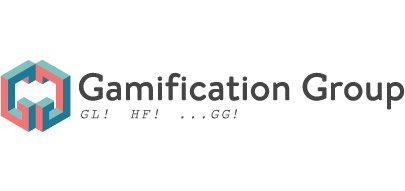

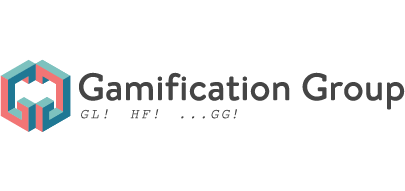

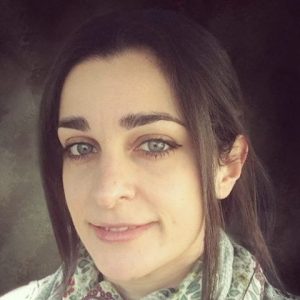
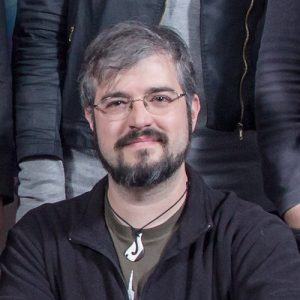

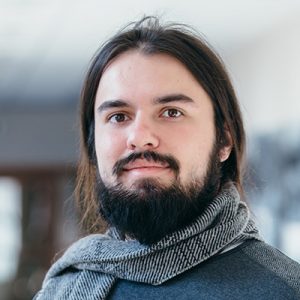
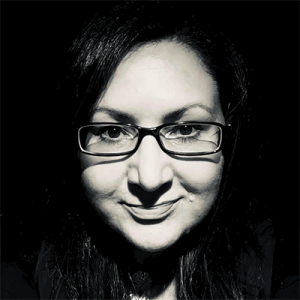
Sorry, the comment form is closed at this time.